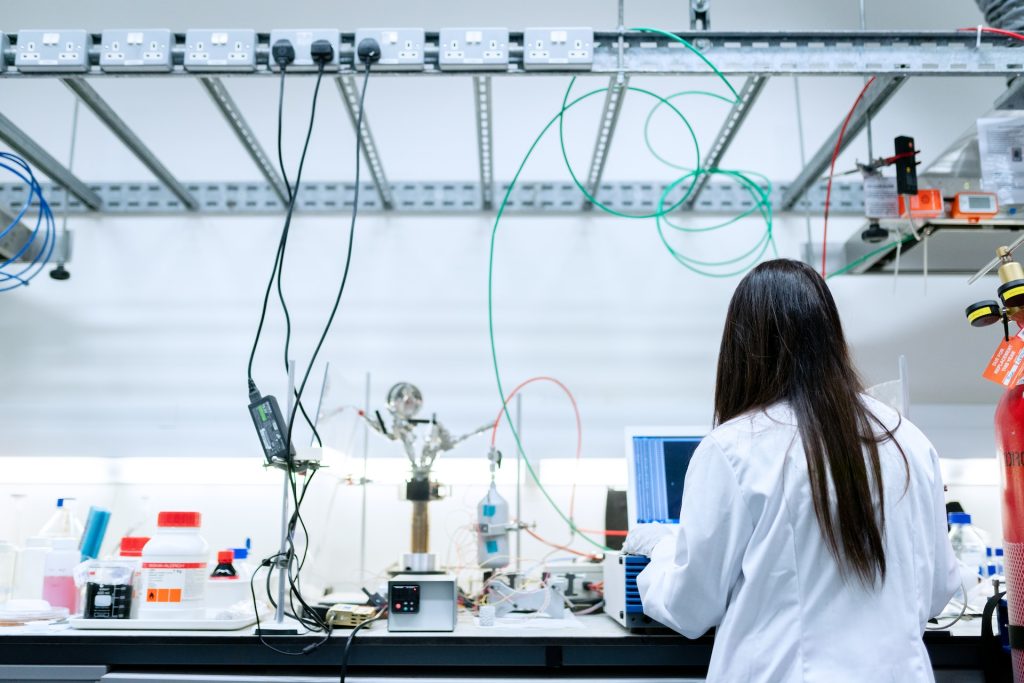New Study Led by Surrey Academics Aims to Tackle Antibiotic Resistance
Antibiotic resistance is a critical global health challenge that threatens to undermine the effectiveness of modern medicine. The widespread misuse and overuse of antibiotics has contributed to the emergence of antibiotic-resistant bacteria, creating a significant obstacle to the treatment of infectious diseases.
Thankfully, researchers and scientists worldwide are actively working towards tackling this issue. Among them are a team of academics in Surrey who are leading a groundbreaking study that aims to shed light on the mechanisms of antibiotic resistance.
The Challenge of Antibiotic Resistance
Antibiotic resistance occurs when bacteria mutate and develop the ability to resist the effects of antibiotics. This is a natural process that can occur over time, but the overuse and misuse of antibiotics can accelerate this process, leading to the emergence of drug-resistant bacteria that are challenging to treat.
According to the World Health Organization (WHO), antibiotic-resistant infections result in the deaths of at least 700,000 people globally each year. If left unchecked, antibiotic resistance could render common infections untreatable and become a major public health crisis.
The Importance of Research
Research is critical to the fight against antibiotic resistance. It enables scientists to gain a deeper understanding of the mechanisms of resistance and develop new treatments to combat it. This is where the work being done by academics in Surrey is particularly vital.
The study, led by researchers at the University of Surrey and the Pirbright Institute, aims to unravel the molecular mechanisms of antibiotic resistance in bacteria. Through this study, researchers can gain insight into how bacteria develop resistance, which can ultimately lead to the development of new drugs and treatments that are more effective.
Technology plays a crucial role in this study and the development of new antibiotics and treatments. Researchers at the University of Surrey are utilizing cutting-edge equipment to study the molecular mechanisms of antibiotic resistance. This includes advanced microscopy techniques that allow scientists to visualize the inner workings of bacteria.
The use of technology is critical in identifying new targets for drugs and developing more effective treatments. This is particularly relevant given the rapid evolution of antibiotic-resistant bacteria. By leveraging technology, scientists can improve their understanding of antibiotic resistance and work towards developing new treatments that are more effective in treating infections.
The Significance of Education
Education is a critical component in the fight against antibiotic resistance. It is essential to educate healthcare professionals, policymakers, and the general public about the dangers of overusing antibiotics and the importance of responsible use.
Iñaki Deza-Cruz, a lecturer in veterinary public health at Surrey’s vet school, said:
“We are not winning the fight against antibiotic resistance; that is obvious. To win, we need to fill gaps in our knowledge and learn more about environmental factors affecting antibiotic resistance. The only way to do this is by setting out what we already know so that we can begin finding out more, which will help us win this battle.”
The work being done by academics in Surrey is helping to raise awareness about the issue of antibiotic resistance and the importance of research. By sharing their findings with the public, they are playing a critical role in educating people about the need for responsible use of antibiotics.



